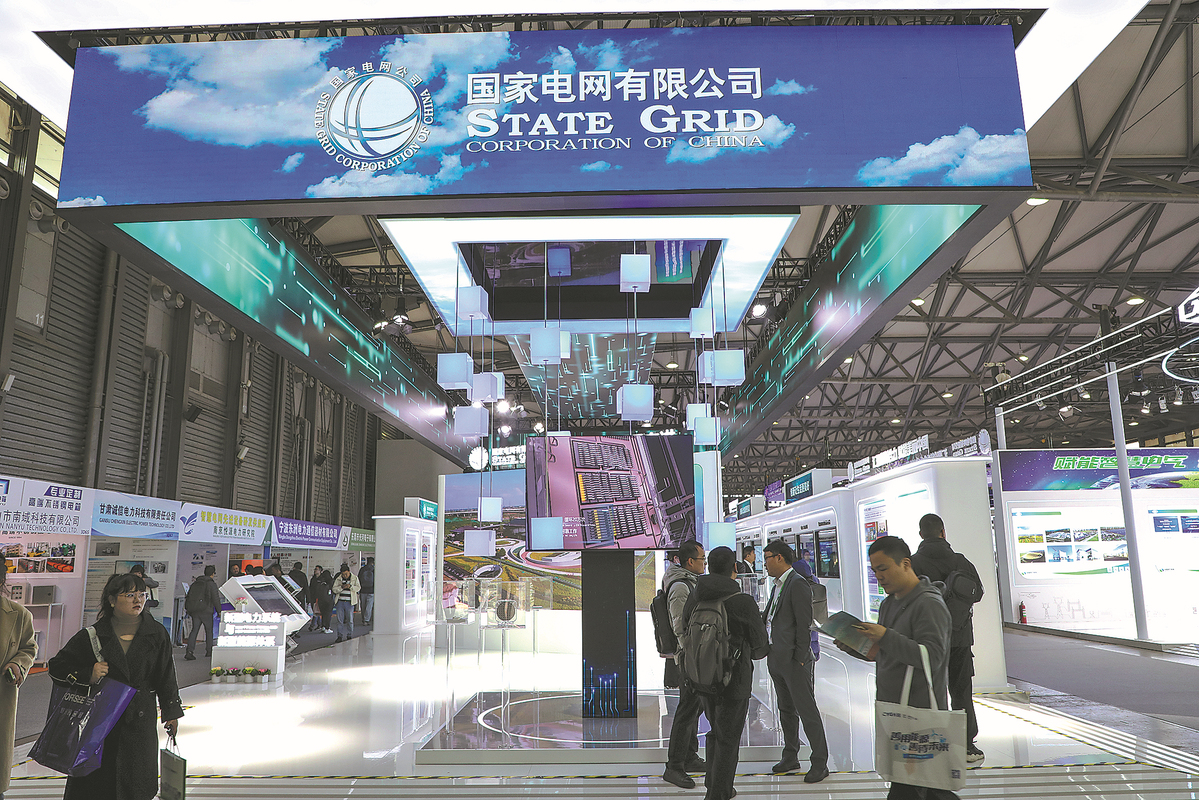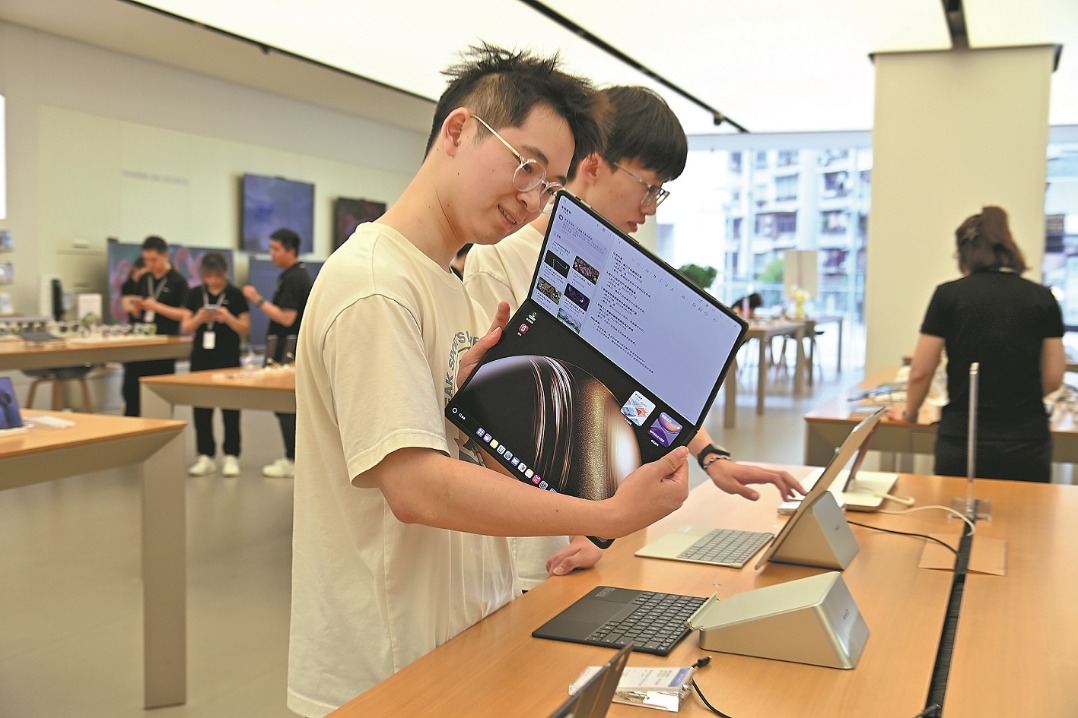Chinese firms top Japan on worldwide influence list


A total of 48 Chinese firms have made the world's top 500 most powerful brands, surpassing Japan for the first time and securing third place globally, according to the 20th edition of the 2023 World's 500 Most Influential Brands, compiled by World Brand Lab.
Microsoft, Apple and Amazon secured the top three honors in the latest rankings. The United States boasts the highest representation, followed by France, China, Japan and the United Kingdom.
The rankings, released in New York last month, said that the US dominates 193 brands in the top 500, with the ascendancy of Chinese brands standing out, including names such as State Grid Corp of China, Tencent, Haier, Huawei, China Resources, China Life, Moutai, Wuliangye, China Southern Power Grid, Tsingtao Brewery, Sinochem and Hengli.
The evaluation standards for making the cut are based on global influence, measured by a brand's ability to develop markets and generate profits.
Following three key indicators of brand influence — namely market share, brand loyalty and global leadership — World Brand Lab tracked more than 8,000 leading firms around the globe to grace the world's 500 most influential brands list. The list includes enterprises from 32 countries and regions in 2023.
An empirical study by World Brand Lab and SuperFinance revealed the various pressures faced by multinational brands amid ongoing globalization.
The study suggests a need for brand expansion strategies to pivot toward diverse localization as well as prioritization given to candidates' environmental, social and governance performance.
The 2023 list spans 47 industries, with food and beverages/catering leading the way with 35 appearances, followed by autos at 32 brands. A graying planet is presenting more opportunities for growth in pharmaceutical as well as health and wellness brands.
There are a total of 25 newcomers on the latest list. Of them, six are Chinese debuts, including Poly, TikTok, China Huadian, Tongwei Solar, China National Aviation Fuel and Bosideng.
The 500 brands have been in business for an average of 98.57 years, a slight increase from the previous list's 98.22 years. A total of 225 brands, constituting over 40 percent of the ranked enterprises, have reached the venerable age of 100 years or more of having a market presence.
The oldest brand, Saint-Gobain from France, is 358 years old, followed closely by Aviva and Moutai, both with histories exceeding 300 years.
Among the 48 Chinese brands, Moutai, Tsingtao, Wuliangye and Bank of China have surpassed the century mark. In the F&B sector, 30 of the 35 brands exceeded 100 years of history of hanging out their shingles.
John Deighton, professor emeritus at Harvard Business School, while attending the World Executive Summit and the World's 500 Most Influential Brands release event in Hong Kong on Dec 19, suggested that brands should use creators and influencers for more effective and widespread branding. He cited examples dating back to 2008, like Coca-Cola on Facebook and Ford's use of creators for its Fiesta model launch. Given China's lead in creative marketing over the US, this branding approach is likely more appealing to Asian marketers, he said.
Haisen Ding, CEO of the World Executive Group and the World Brand Lab, said leveraging AI is crucial for continuous global brand footprint monitoring among companies.
Sara Kim, professor of marketing at the University of Hong Kong, said localization for motivated brands, which includes a dedicated crisis management team for geopolitical risks, adherence to local regulations, unique product lines based on local preferences, and a focus on ESG standards, is critical for firms with more global aspirations.
Jing Xu, a professor of marketing at Peking University, said that a brand's purpose must remain clear despite the real world's growing complexity. Genuine sustainable development, as seen in many exemplary and growing brands, involves incorporating goals that benefit humanity and the world into their mission.
The World Brand Lab's year-end report indicates that over the past decade, global brand strategies faced escalating pressures amid declining consumer trust. Economic, political, social and technological factors hindered globalization, leading to an era of diverse localization.
Companies are thus adapting organizational structures to integrate brands with local communities, industries, cultures and customs.




































